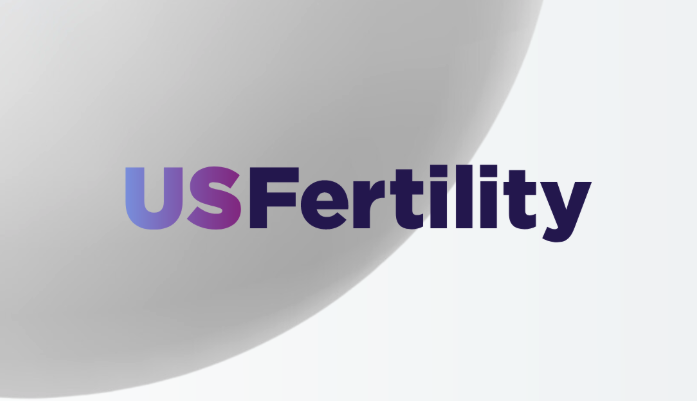

After a quiet stretch for IPOs and exits, 2025 marked a clear reopening of the M&A and public markets. Valuation resets and a renewed appetite for risk brought strategic buyers and investors back to the table. Women’s health was no exception: the year saw a meaningful uptick in acquisitions, asset sales, and IPO filings across biotech, digital health, and consumer—signaling continued momentum in the category.
In our first post of the Top 10 Deals of 2025 series, we unpack Eli Lilly’s acquisition of a Scorpion Therapeutics program for $2.5 billion.
Eli Lilly, a legacy pharma player that recently announced a series of initiatives targeting women’s health innovation, acquired Scorpion’s PI3Kα inhibitor program, an oral, mutant-selective PI3Kα inhibitor currently in a Phase 1/2 clinical trial for breast cancer.
HR+/HER2- breast cancer makes up about 70 % of all breast cancers, and roughly 30–40 % of those tumors carry a PIK3CA mutation. The existing PI3K inhibitor (alpelisib, marketed as Piqray) showed clinical benefit but has major toxicity issues—notably hyperglycemia, rash, and diarrhea—that limit its use and patient adherence. As a result, many women with PIK3CA-mutant HR+ breast cancer lack an effective, tolerable targeted therapy option once resistance to endocrine therapy emerges.
STX-478 is a mutant-selective PI3Kα inhibitor—engineered to block only the oncogenic (mutated) form of the enzyme while sparing the wild-type version responsible for metabolic side effects. This selectivity could dramatically reduce toxicity, allowing more consistent dosing and broader combination use with endocrine or CDK4/6 inhibitors. In early data, STX-478 showed promising tumor-shrinkage signals and favorable tolerability compared with earlier PI3K inhibitors.
Breast cancer is among the largest markets in oncology. The WHO estimates 2.3 million women are diagnosed globally each year, underscoring sustained demand for screening, diagnostics, and treatment innovation.
Although the breast-cancer market is massive, care gaps persist in screening, diagnosis, and treatment. For breast cancer specifically, diagnostic errors occur in 9–26% of cases, and the median time to diagnosis is roughly 30 days from first clinical presentation to confirmed diagnosis. This is due to a variety of factors, including barriers to access and limitations of current screening technology. Mammogram sensitivity can be as low as 40% for women with dense breast tissue, which means cancer is often missed in this population. Once diagnosed, access to proper care can be challenging; and for certain subtypes—such as hormone-positive or HER2-negative disease—therapeutic options remain limited.

“Innovation in breast-cancer care is necessary to detect disease earlier, close access gaps for women with dense breasts, streamline the diagnostic journey, and personalize treatment to achieve lower total cost of care. We’re already seeing a number of early-stage players rise to meet this need—building AI-enabled imaging for dense tissue, rapid-pathway diagnostic clinics and virtual navigation, at-home and low-cost screening modalities, and biomarker-driven tools that compress time to diagnosis and expand options for precise, patient-centered care.
Examples of emerging innovation:
Breast-cancer care coordination
- Defiant (Amboy Street portfolio company; Seed) — A virtual breast-health clinic and support platform that coordinates rapid imaging, expert consultations, and next-step planning to accelerate diagnosis and treatment.
Breast-cancer risk assessment
- Gabbi (Series A) — A breast-cancer risk-assessment algorithm that uses claims data and user-provided information (demographics, medical history, family history) to enable early, preventive action.
- Feminai (Seed) — An at-home breast-cancer screening solution that uses wearable sensors and AI to track tissue density and blood-flow changes—aiming to make screening more accurate, accessible, and affordable.
Alternatives to mammography
- Vara (Series A) — Pre-screens normal mammograms with high confidence (and pre-fills the structured report) so screening radiologists can focus on potentially suspicious exams.
- BeSound (Seed) — A breast-imaging platform aimed at improving cancer detection—especially for women with dense breast tissue and younger women.
With a growing market and persistent challenges in breast-cancer care, innovations like these will be key to improving patient outcomes.



